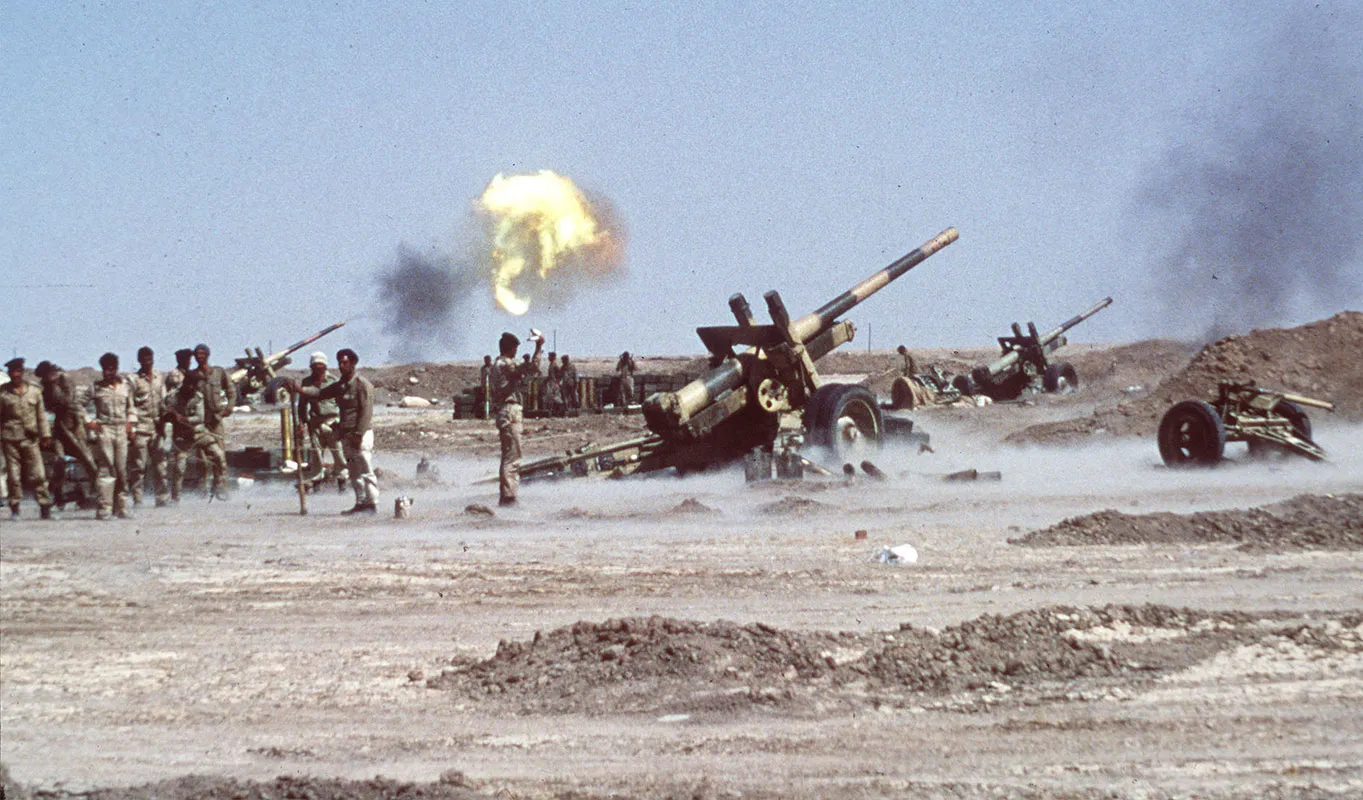
Many of us would have watched a particular clip on the internet: a U.S. Army veteran confronted ex-President George W. Bush, demanding the former president to apologize for civilian deaths during the Iraq War. Now, let’s delve into the video to uncover the whole truth.
The Background
In 1998, while addressing the State of the Union, President Clinton delivered a chilling message to Congress, revealing alarming intelligence about Saddam Hussein, the dictator of Iraq. Recognizing the gravity of the situation, President Clinton took swift action. On October 31, 1998, he signed the Iraq Liberation Act, establishing a clear policy of seeking a change in the Iraqi regime.
Operation Desert Fox
Determined to disrupt Saddam’s dangerous ambitions, the administration initiated a highly classified Operation Desert Fox. This relentless four-day bombing campaign aimed to dismantle Saddam’s weapons of mass destruction program and undermine his grip on power.
George W. Bush's Entry
Following Clinton’s efforts, the task of neutralizing Saddam Hussein was passed to George W. Bush. However, the invasion of Iraq under Bush’s presidency sparked controversy and condemnation. Critics labeled it a “big fat mistake” that destabilized the Middle East and cost thousands of lives.
The True Motives
The reasons presented to the public for the invasion of Iraq were manifold, including claims of Saddam’s ties to extremist groups and the need to liberate the Iraqi people from tyranny. However, a deeper analysis reveals a different narrative.
Political Influence
One motive for the invasion was political influence. George W. Bush, facing uncertainty and doubt following the 9/11 attacks, saw an opportunity to regain public support and assert his authority as president.
Geopolitical Dominance
Geopolitical dominance also played a significant role. The Gulf area remained a coveted region for the United States, and the invasion of Iraq provided an opportunity to establish a stronger presence in the region.
Resource Acquisition
However, perhaps the most compelling motive was resource acquisition. With Iraq possessing vast oil reserves, the invasion opened the door for American companies to profit from the extraction and supply of oil.
The Aftermath
The consequences of the Iraq War were profound. The United States incurred staggering financial costs, soaring national debt, and left Iraq ravaged and destabilized. The true intentions behind the invasion may forever remain obscured, but many believe it was driven by a complex interplay of interests.
Conclusion
The Iraq War remains a contentious chapter in history, marked by controversy and debate. As we reflect on its complexities, it’s essential to seek a deeper understanding of the truth behind the invasion. Only then can we learn from the past and strive for a more peaceful and just future.
By uncovering the realities of the Iraq War, we gain insight into the complexities of geopolitics, the pursuit of power, and the human cost of conflict. Let us remember the lessons of history as we navigate the challenges of the present and work towards a world where peace and justice prevail.



